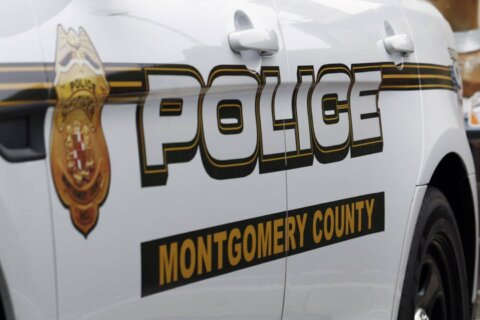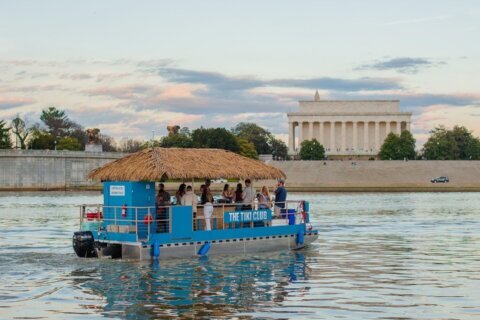WASHINGTON — The Supreme Court issued a ruling this week that could have a greater impact on those driving on the Baltimore-Washington, George Washington and Suitland Parkways compared to state roads and city streets.
The justices ruled that police must get a search warrant before making drivers take a blood-alcohol test.
When police suspect drunk driving on the streets of the District, drivers are typically asked to take a breathalyzer test not a blood test, according to D.C.-based defense attorney David Benowitz of Price Benowitz LLP.
“If you’re stopped by local law enforcement in the District of Columbia, unless there is a traffic accident, 99 times out of a 100 you’re not getting blood tested,” Benowitz said.
In its ruling, which came in three cases, the high court decided that search warrants are not required for police to administer breath tests, because the justices say breath tests are less invasive than blood tests.
But according to Benowitz, suspected drunk drivers have been facing different treatment on federal parkways in this area.
“If you are arrested on a suspicion of a DUI on the Baltimore-Washington Parkway or the George Washington Parkway, you would be prosecuted, potentially federally, and the law enforcement on those particular federal highways use blood tests almost exclusively. …There’s a history, for example, of the United States Park Police, when they arrest people on the Baltimore-Washington Parkway of forcibly administering a blood test without a warrant and that will certainly change,” Benowitz said.
U.S. Park Police Sgt. Anna Rose said the Supreme Court ruling is consistent with police procedures on federal roadways including the Baltimore-Washington Parkway. She said police usually, but not always, obtain search warrants before any blood test is administered.








